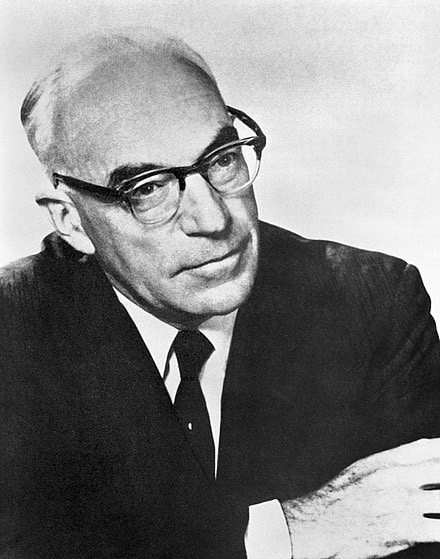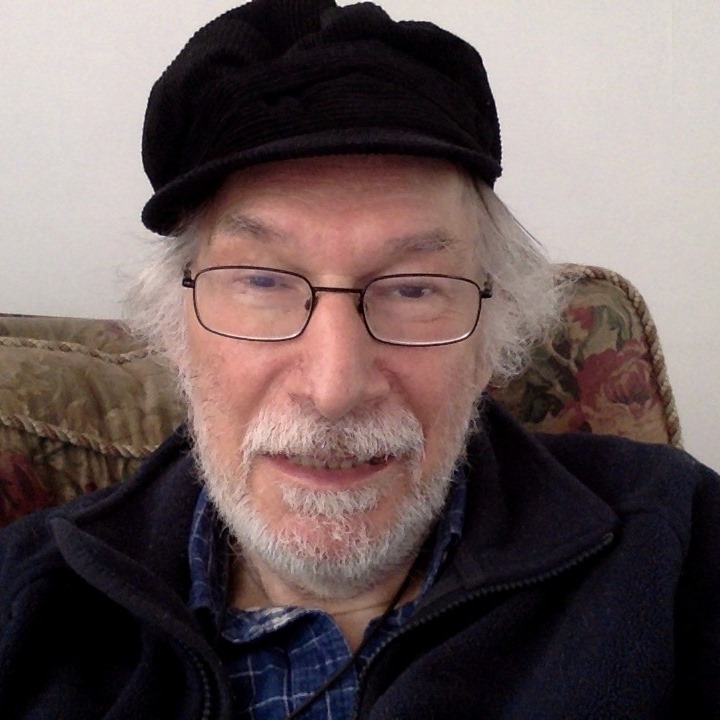In the 1970s, I had the pleasure of meeting the great neuroscientist Sir John Eccles when he came to give the Gifford lectures in Edinburgh. The Dean of our faculty graciously invited us to meet the Nobel laureate at a garden party. The book, The Self and Its Brain, which he had coauthored with Karl Popper, had recently been published. For us, humble graduate students, it was indeed an honour.

I was then working on somatosensory neuronal networks, so it was particularly exciting for me. However, my discussion with the great man was a bit disappointing. Whilst Popper’s open systems approach heavily influenced Sir John Eccles, I think he had a rather mechanistic view of brain function, which led him to be an ardent dualist, body and mind. At that time, I was only beginning to formulate my view of the mind as a capacity or property of the living system.
Sir John Eccles conceived a particular part of the brain involved in the liaison between the two, the liaison brain; nevertheless, apart from that, I liked their book and the dialogues between the two authors. I delve into its pages even now. In some ways, it contributed to the nested, open functionality that is a major part of our book, Understanding Living Systems. Popper’s open systems approach heavily influenced the thinking in our book.
The Human Mystery, J.C. Eccles

Ray Noble is a chartered biologist and Fellow of the Royal Society of Biology. He writes extensively on biological theory and philosophy. He was Deputy Dean of Life Sciences at UCL, London, and Graduate Tutor in Women’s Health.
